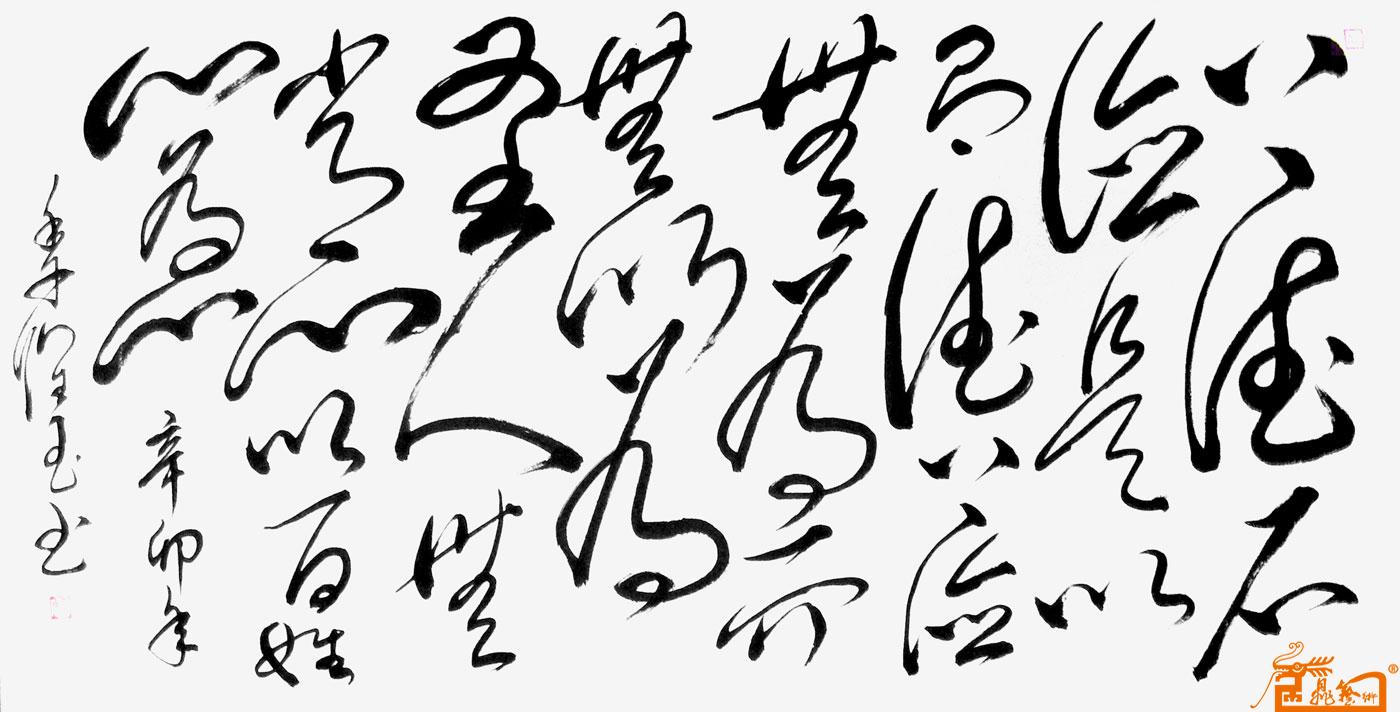Dao De Jing Chapter 38 Discussion: Virtue
What do you think when hear about the term virtue? kindness, lovingness, flower, incense, and music? Yes, but not limited to them. Laozi describes high virtue is like that of heaven and earth, that virtue supports all lives without anyone purposely acting, they just run according to the universal rhythm, and is always precise and perfect. While man-made rules, manners, morality, and even kindness is beneficial to a large extent, they are subjected to the limitation of form and self. Pure virtue, of the Dao, represents the essence of all virtues, beyond all limitation and bias, therefore is the highest form of virtue we can align to.
High virtue does not appear virtuous, therefore is virtuous; Low virtue attached to virtue, therefore is not virtuous.
-> Heaven and earth do not talk about justice, they are merely just. Human talks and defines virtue, and therefore is limited to forms and collective bias and limits.
High virtue acts but does not perceive himself acting; Low virtue acts and perceives himself acting.
-> The universe is just what is, without the need for acting and taking credit. The self perceives himself acting and therefore is unnatural to the natural universe..
* * *
High benevolence acts but does not perceive himself acting;
High courteous acts and perceive himself acting.
High manner acts and if not responded, force others to follow.
-> 3 levels of virtue, from natural, to acting, to forcing.
* * *
Therefore when one departs from the Dao he become virtuous,
-> When Dao is not aligned, there arise the differentiation of good and bad, and the limitation of the concept of virtue.
when he departs from virtue he become benevolence,
-> When virtue is not aligned, there is a need to call for kindness/benevolence.
when he departs from benevolence he become righteous,
-> When people are not kind, we need to teach them what is right and what is wrong.
when he departs from righteousness he become courteous.
-> When people don’t know what is right and what is wrong, we need to create rules and manners to guide people.
Courtesy therefore, represents lack of real trustworthy qualities within, and is the beginning of chaos.
-> When we fixated ourselves to rules and manners without the underlying intention, the essence is lost.
Those who claim to know, departs from the inside and stays with the surface, is the beginning of stupidity.
-> Those who claims to know the outsides (rules, manners, righteousness) and disconnected from the inside, are therefore superficial.
* * *
Therefore real man stays with the thick (virtue), and stays away from the thin (virtue);
he stays with the essence, and stays away from the form.
He therefore lets go of the form and stays with the essence (of the Dao).
-> Real man see through the outer manifestation of virtue, and align with the essence, which is an inherent quality of the Dao.
* * *
Bilingual version of Ch38: http://www.lisiming.net/ddj34-52/


Leave a Reply